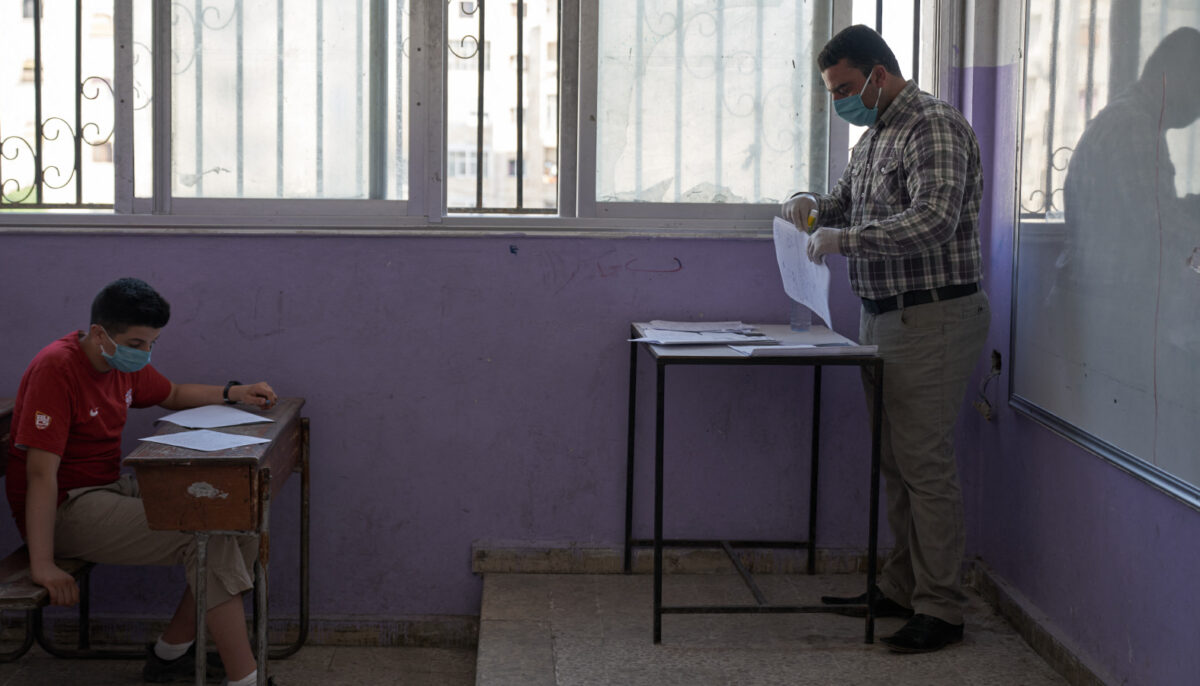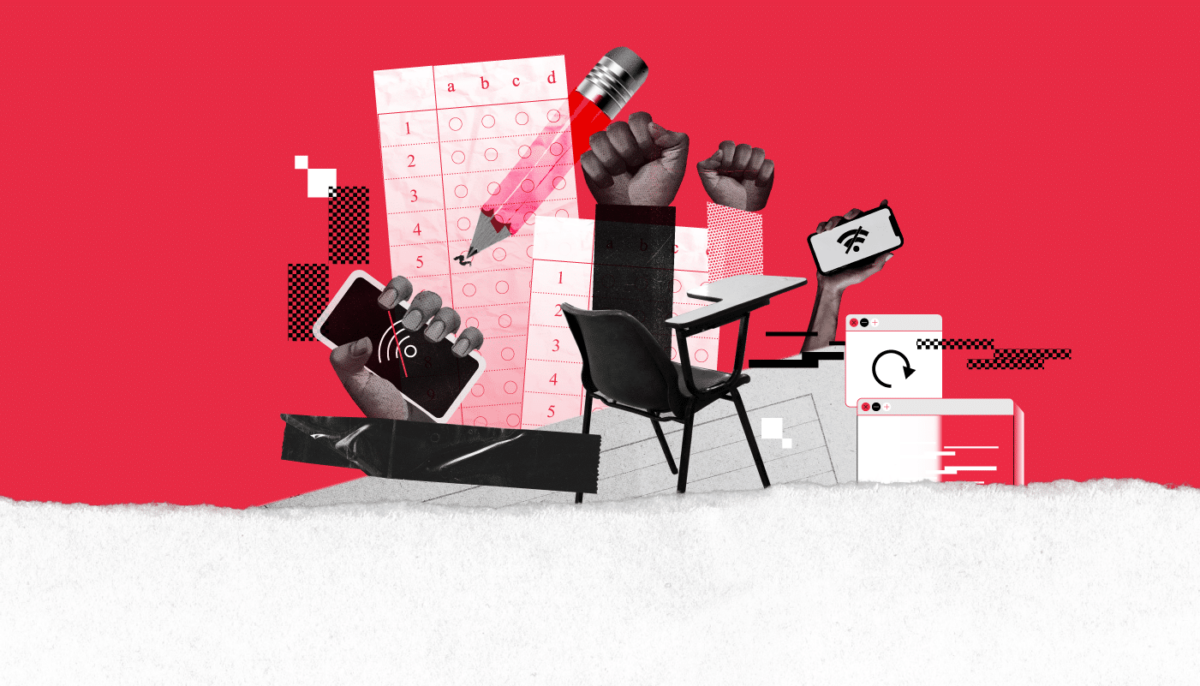The latest updates on digital rights from West Asia and North Africa
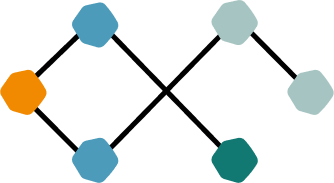
Categories
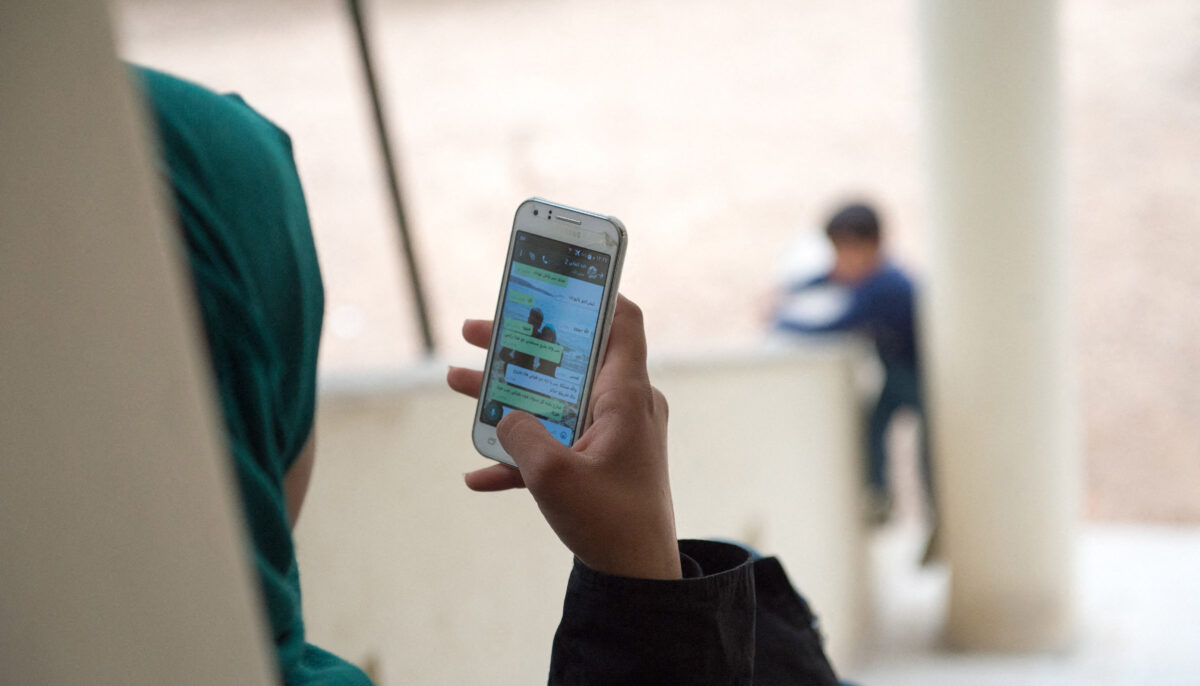
Syria: Digital Safety Tips from SMEX’s Helpdesk
The recent circulation of an audio recording, allegedly from a Druze religious leader in Syria insulting Prophet Muhammad, is being…
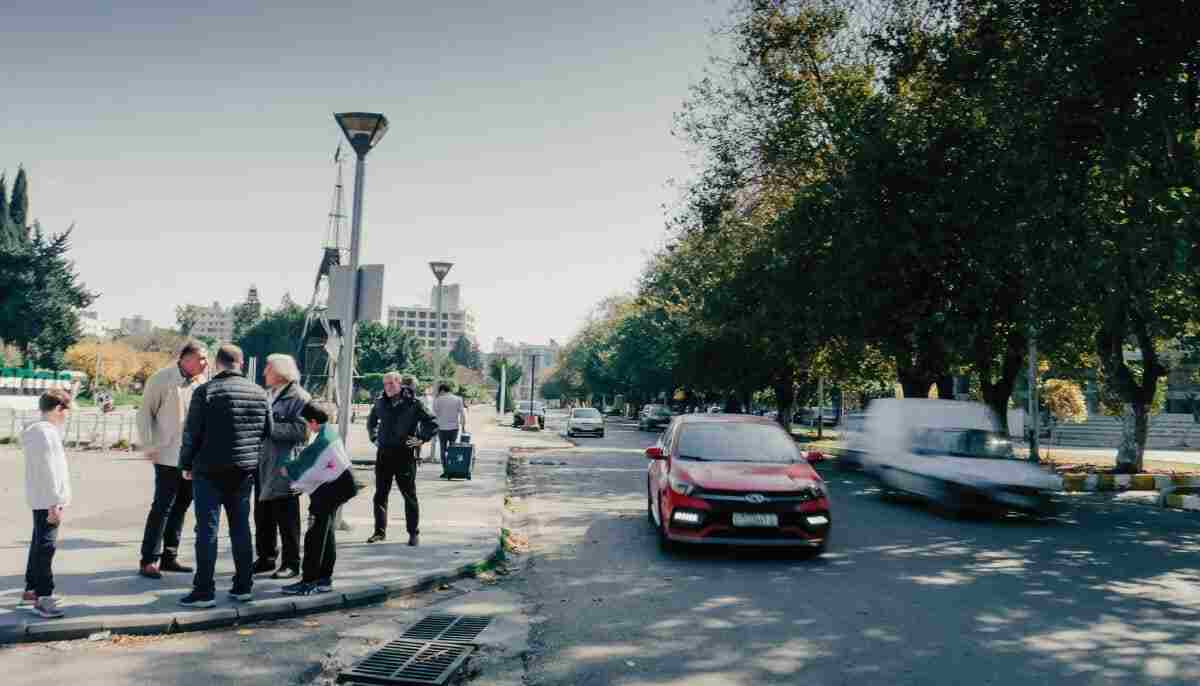
Sham Cash Under Scrutiny: A Forensic Analysis of Syria’s New E-Wallet
When thousands of public sector workers in Syria tried to collect their salaries during Eid El-Fitr this April, many found…
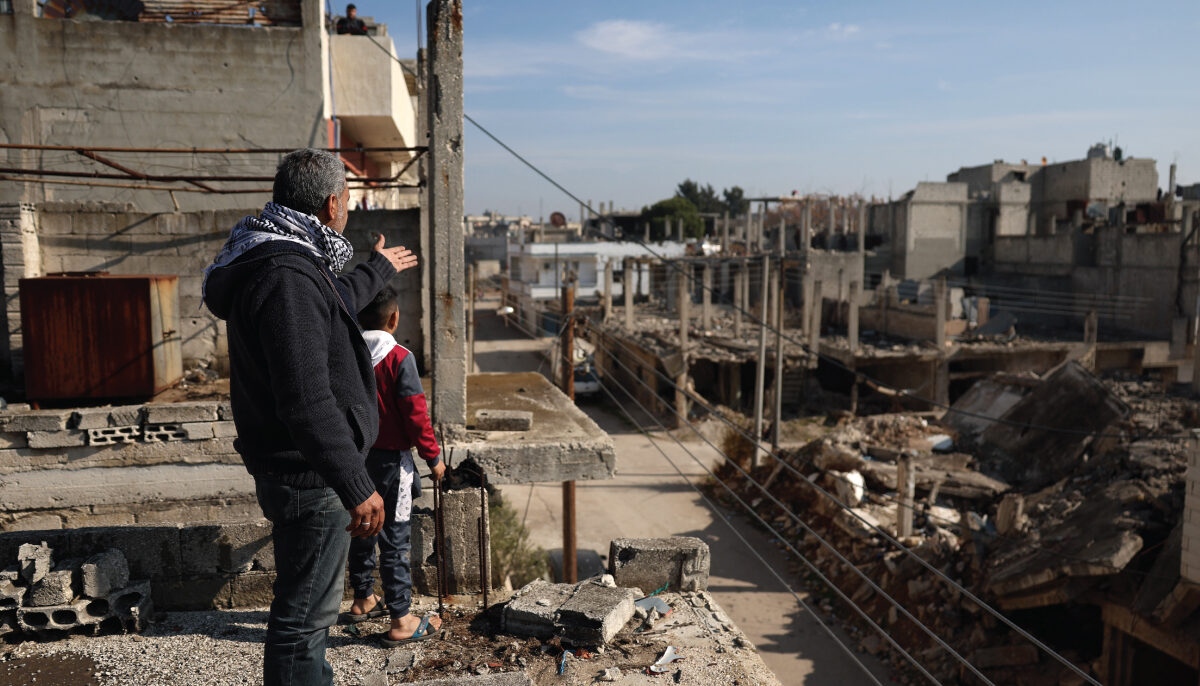
Internet and Telecom Disruptions Continue in Syria
Most civil society organizations in Syria are yet to implement robust cybersecurity plans, including basic security measures, risking data integrity…
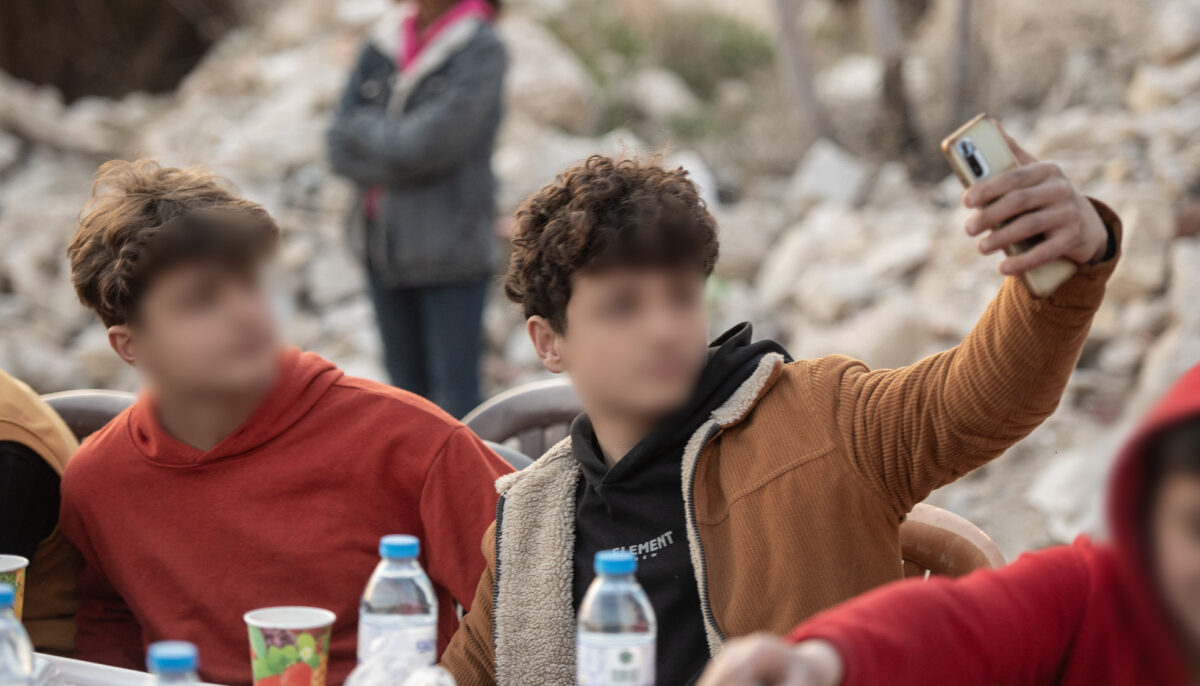
Syria: Authorities Threaten Social Media Users and Confiscate Starlink Devices
Since the fall of the regime in Syria last December, the new government has issued statements about mechanisms to “develop”…
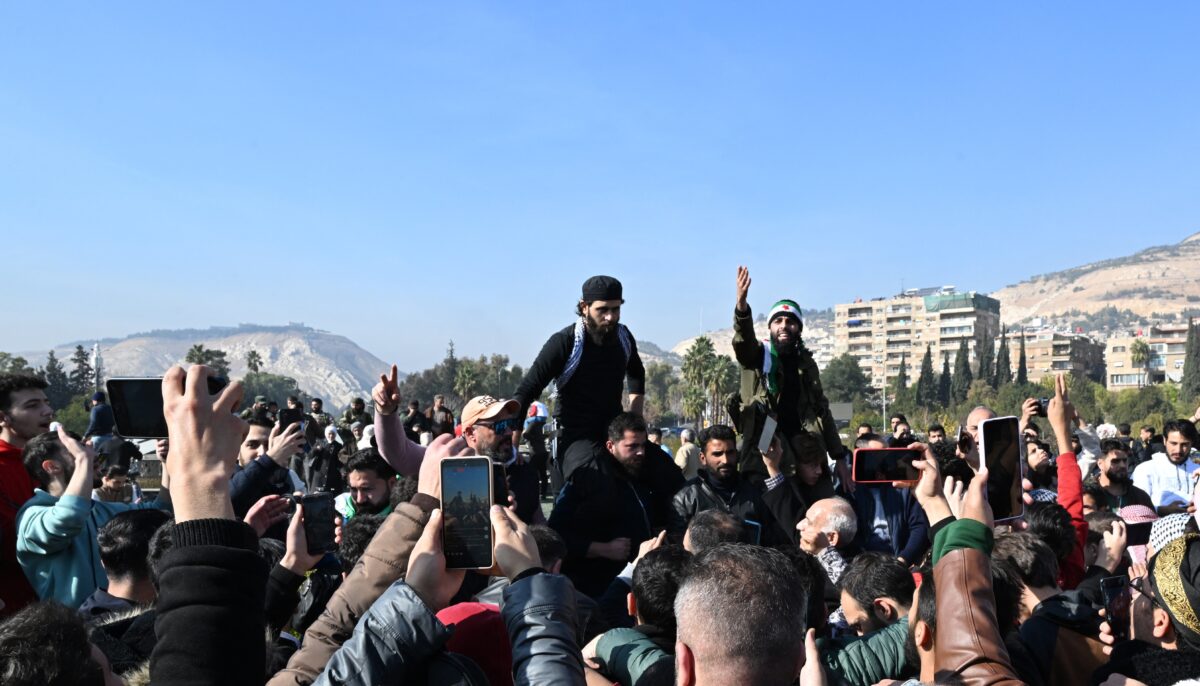
Disinformation fuels sectarian unrest in Syria [Opinion]
After over half a century of oppression under the Assad regime, on December 8, 2024, Syrians awoke to a new…


